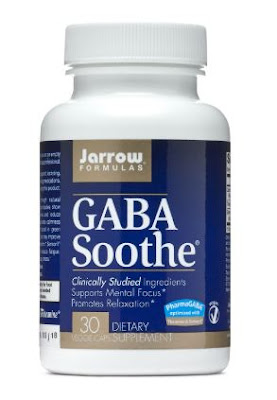Key
Lifestyle Recommendations for Better Sleep
Set a
consistent bedtime and waking schedule that you adhere to EVERY day – not just
weekdays!
Try
eliminating screen time for 1 full hour before bed. Reading is fine as is listening to music,
meditating, or listening to an audio book.
If you use your phone or tablet to read
download a free red-light app such as “Twilight” which progressively
eliminates more and more blue-light from the screen as you approach
bedtime. The Blue portion of the light
spectrum is a stimulant and helps wake us up in the morning but also keeps us
away at night.
Eliminate
all caffeine after 11am.
Eliminate or
dramatically limit alcohol consumption.
If you are going to have a glass of wine do so early and stop drinking
at least 2 hours before bedtime to give your body time to eliminate the alcohol
from your system (1 drink per hour of time not drinking).
Hydrate very
early in the day by consciously drinking two large glasses of water first thing
in the morning and tapering fluid into after 5pm to limit the need to go to the
bathroom while sleeping.
Exercise
early in the day – an amazing antidepressant and a known sleep aid as long as
you do not exercise vigorously right before bed!
Stop eating
anything or drinking any calories 3 hours before bed to avoid heartburn and
digestive issues while sleeping.
Nutrition
Supplements for Sleep and Stress
While you
can try over the counter sleep medications like diphenhydramine which is an
antihistamine (aka Sominex, Unisom, and Benadryl) even this basic drug has side
effects including prostate issues and contributing to dementia if taken for
long periods of time.
Sensoril
Ashwaganda – is a
specific form of the Ayervedic herb which is highly effective for safe stress
reduction, improved sleep and improved energy levels. Completely safe with almost no
contraindications and also very inexpensive.
Available from many sources online including from several different
manufacturers on Amazon. Take 500mg per
day in single or divided doses with or without food. This herb is incredibly good for overall
health and vitality – to learn more click here:
https://neurohacker.com/sensoril-ashwagandha-withania-somnifera-root-and-leaf-extract
L-Theanine – is an amino acid derived from
Green Tea. L-Theanine is another
fantastic and safe stress reducer. Like
Sensoril it actually improves daytime concentration and focus but facilitates
sleep by dramatically reducing the stress response. Dosage should be 200 – 400mg up to four
times per day. For sleep start with
100mg about an hour before bed and adjust dosage accordingly. Very safe with almost no side effects or
interactions. Available on Amazon
from many fine manufacturers.
PharmaGABA is a very specific form of GABA that
crosses the Blood-Brain Barrier which no other form of GABA does. GABA is an inhibitory neurotransmitter that
puts the brakes on the excitatory neurotransmitter norepinepherine which is
part of the stress - fight or flight response that is at the heart of anxiety
and sleep disorders.
Unlike
anti-anxiety drugs like Valium, which affect the GABA receptors and are highly
addictive – PharmaGABA is proven to decrease the stress response without
sedation, or addiction, and IMPROVE daytime concentration.
PharmaGABA
is more potent and fast-acting than either Sensoril and L-Theanine, but you can
also combine L-Theanine, Sensoril and Pharmagaba. This includes this author’s favorite stress
lowering supplement: Jarrow Gaba
Soothe which contains l-theanine, Sensoril and PharmaGABA – see below. This supplement almost never fails to
produce a dramatic and noticeable reduction in stress and improved sleep
response with other side benefits like more daytime energy, increased focus,
and improved sex drive with no stimulants or hormones.
To get the
best of all three of these supplements try Jarrow Gaba Soothe which includes
all three – great company and a fantastic and safe stress reduction supplement
with side benefits instead of side effects!



